“The Happiest Place on Earth” has just gotten a whole lot more complicated. In a shocking turn of events, a former Disney employee has agreed to plead guilty to hacking into the company’s menu systems to conceal the presence of peanuts, a notoriously life-threatening allergen. This brazen breach of trust has left many wondering how this could have happened under the watchful eye of the beloved entertainment giant. As we delve into the details of this unprecedented scandal, one thing is certain – the world of theme park safety and security will never be the same. In this exclusive report, we’ll take you behind the scenes of the Disney hack and explore the implications of this chilling incident on the millions of visitors who flock to the Happiest Place on Earth every year. Get ready to uncover the shocking truth about the dark side of Disney’s menu management.
The Hacking Scandal at Disney
Details of the Alleged Hacking
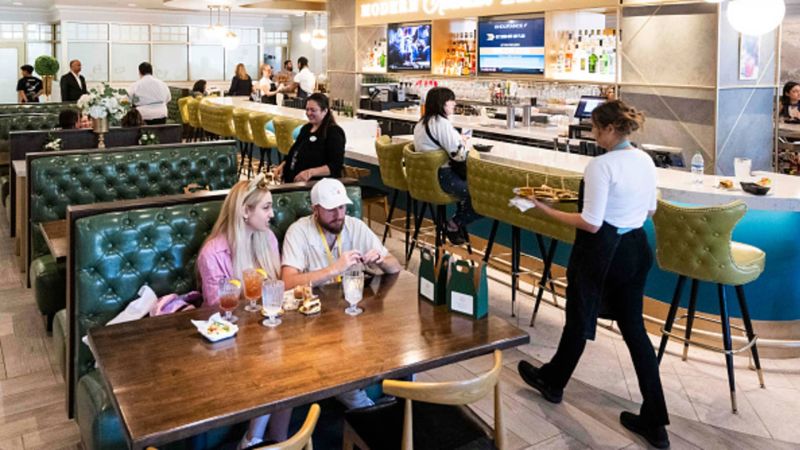
A former Disney employee, Michael Scheuer, has agreed to plead guilty to hacking into the company’s menu-creation software to falsely indicate that certain food items did not contain potentially deadly allergens such as peanuts. The allegations, which surfaced in a federal court filing, reveal a disturbing tale of cybercrime and deception that put the lives of unsuspecting customers at risk.
The hacking incident, which occurred over a three-month period, saw Scheuer allegedly making changes to menu items to remove allergen warnings, including peanut, tree nut, shellfish, and milk allergens. The plea agreement filed in U.S. District Court in Orlando, Florida, states that Scheuer added notations to menu items indicating they were safe for people with specific allergies, which could have had fatal consequences depending on the type and severity of a customer’s allergy.
The alleged hacking also involved Scheuer making other changes to Disney restaurant menus, including altering fonts, causing some pages to be blank, and changing information about wines to replace geographic regions with the locations of “recent mass shootings.” In one instance, Scheuer added “a swastika” to a menu, according to the plea agreement.
The consequences of Scheuer’s actions were far-reaching, with some numbers of the altered menus believed to have been printed and potentially shipped out to Disney restaurants. However, it is believed that all altered menus were identified and isolated prior to being distributed.
Changes Made to Menu-Creation Software and Their Impact
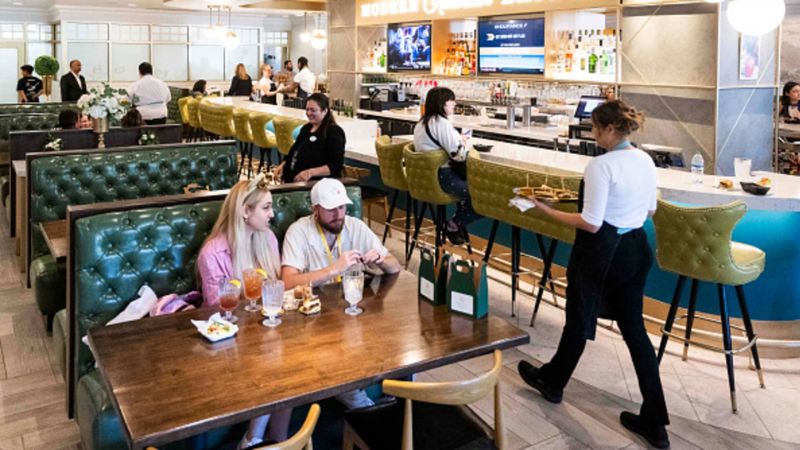
The plea agreement reveals that Scheuer accessed menu-creation software on the heels of his termination as a menu production manager in June. He then made changes to the software over a three-month period, resulting in altered menus that were potentially life-threatening for customers with severe food allergies.
The changes made to the menu-creation software had a significant impact on the safety and well-being of customers. By removing allergen warnings, Scheuer put unsuspecting customers at risk of severe reactions, including anaphylaxis, which can be fatal.
The incident highlights the importance of accurate allergen labeling and menu transparency. Disney’s decision to move to a manual menu approval and distribution process while developing a new system with enhanced security measures is a positive step towards preventing similar incidents in the future.
Consequences for Customers with Allergies

The alleged hacking incident has severe consequences for customers with food allergies. The removal of allergen warnings on menu items could have led to fatal reactions, and the incident highlights the importance of accurate allergen labeling and menu transparency.
CUSTOMERS WITH FOOD ALLERGIES MUST BE AWARE OF THE POTENTIAL RISKS ASSOCIATED WITH THIS INCIDENT AND TAKE STEPS TO PROTECT THEIR HEALTH AND WELLBEING. THIS INCLUDES READING MENU ITEMS CAREFULLY, ASKING WAITSTAFF ABOUT ALLERGENS, AND CARRYING AN EPIPEN OR OTHER EMERGENCY TREATMENT DEVICE.

Plea Agreement and Charges
Two Felony Counts: Computer Fraud and Aggravated Identity Theft
Michael Scheuer has agreed to plead guilty to two felony counts: computer fraud and aggravated identity theft. The plea agreement, filed in U.S. District Court in Orlando, Florida, reveals the extent of Scheuer’s alleged hacking and deception.
Computer fraud involves the unauthorized access or modification of computer systems, while aggravated identity theft involves the use of someone else’s identity to commit a crime. Scheuer’s alleged actions demonstrate a clear disregard for the safety and well-being of customers and the company’s property.
Sentence and Potential Penalties
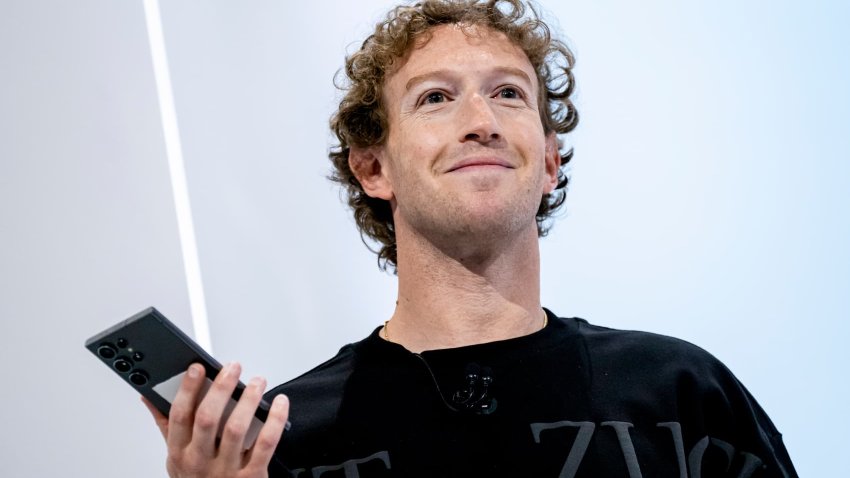
The sentence and potential penalties for Scheuer’s alleged crimes are severe. As part of the plea agreement, Scheuer faces up to 10 years in prison for each count, with a maximum penalty of 20 years. He also faces fines and restitution, which could be substantial.
The incident highlights the importance of taking cybercrime seriously and the need for companies to invest in robust security measures to protect their systems and customers.
Reaction from Disney and Authorities
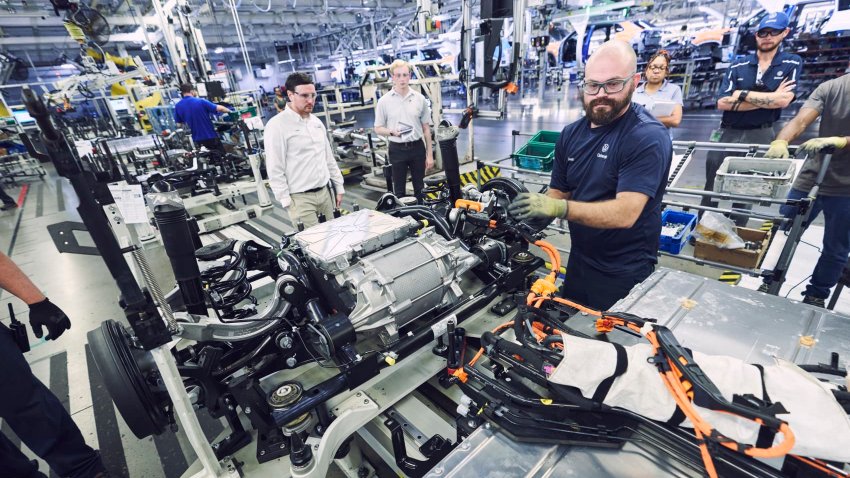
Disney has taken swift action to address the incident, moving to a manual menu approval and distribution process while developing a new system with enhanced security measures. The company has also fired Scheuer and is cooperating with authorities to bring the incident to a close.
The authorities have praised Disney for its swift action and cooperation, highlighting the importance of collaboration in preventing and investigating cybercrime.
Analysis and Implications
The Potential Consequences of Hacking
The alleged hacking incident at Disney highlights the potential consequences of cybercrime, including financial losses, damage to reputation, and increased scrutiny of company security measures.
The incident demonstrates the need for companies to invest in robust security measures to prevent and respond to cyber threats. This includes regular security audits, employee education and awareness programs, and incident response planning.
The Impact on Food Safety
The alleged hacking incident at Disney highlights the importance of accurate allergen labeling and menu transparency. The removal of allergen warnings on menu items could have led to fatal reactions, and the incident demonstrates the need for companies to prioritize food safety.
Companies must ensure that their menu items are clearly labeled and that customers are aware of the potential risks associated with food allergies. This includes providing clear and accurate information about allergens and taking steps to prevent cross-contamination.
The Role of Technology in the Incident
The alleged hacking incident at Disney highlights the importance of secure development practices and regular security audits. The incident demonstrates the need for companies to prioritize security and invest in robust measures to prevent and respond to cyber threats.
The incident also highlights the importance of third-party menu creation software and the need for companies to carefully vet and validate their suppliers. The use of third-party software can introduce vulnerabilities and increase the risk of cybercrime.
Practical Aspects and Lessons Learned
What Disney Can Do to Prevent Similar Incidents
Disney’s decision to move to a manual menu approval and distribution process while developing a new system with enhanced security measures is a positive step towards preventing similar incidents in the future.
The company should also invest in robust security measures, including regular security audits, employee education and awareness programs, and incident response planning. This will help to prevent and respond to cyber threats and protect the safety and well-being of customers.
Best Practices for Menu Creation and Approval
Companies must prioritize accurate allergen labeling and menu transparency. This includes providing clear and accurate information about allergens and taking steps to prevent cross-contamination.
Companies should also invest in robust security measures, including regular security audits, employee education and awareness programs, and incident response planning. This will help to prevent and respond to cyber threats and protect the safety and well-being of customers.
The Future of Menu Creation and Approval at Disney
Disney’s decision to move to a manual menu approval and distribution process while developing a new system with enhanced security measures is a positive step towards preventing similar incidents in the future.
The company’s new system will prioritize security and accuracy, ensuring that menu items are clearly labeled and that customers are aware of the potential risks associated with food allergies.
Conclusion
As we conclude our analysis of the fired Disney employee’s guilty plea to hacking menus to hide peanut content, it’s clear that this case highlights the importance of transparency and accountability in the food industry. The employee’s actions not only compromised the safety of Disney’s guests but also undermined the trust that consumers have in the company’s ability to provide accurate and reliable information.
The significance of this case extends beyond the confines of Disney’s theme parks, as it raises questions about the broader implications of food labeling and honesty in the culinary world. With the rise of food allergies and sensitivities, it’s crucial that restaurants and food establishments prioritize transparency and take steps to ensure that their menu items accurately reflect the ingredients used. Failure to do so can have serious consequences, as seen in this case.
As we move forward, it’s essential that the food industry takes a hard look at its practices and prioritizes transparency and accountability. Consumers deserve to know what they’re putting in their bodies, and it’s up to restaurants and food establishments to ensure that their menu items accurately reflect the ingredients used. As we conclude, we’re left with a stark reminder that honesty is always the best policy, particularly when it comes to our health and well-being.
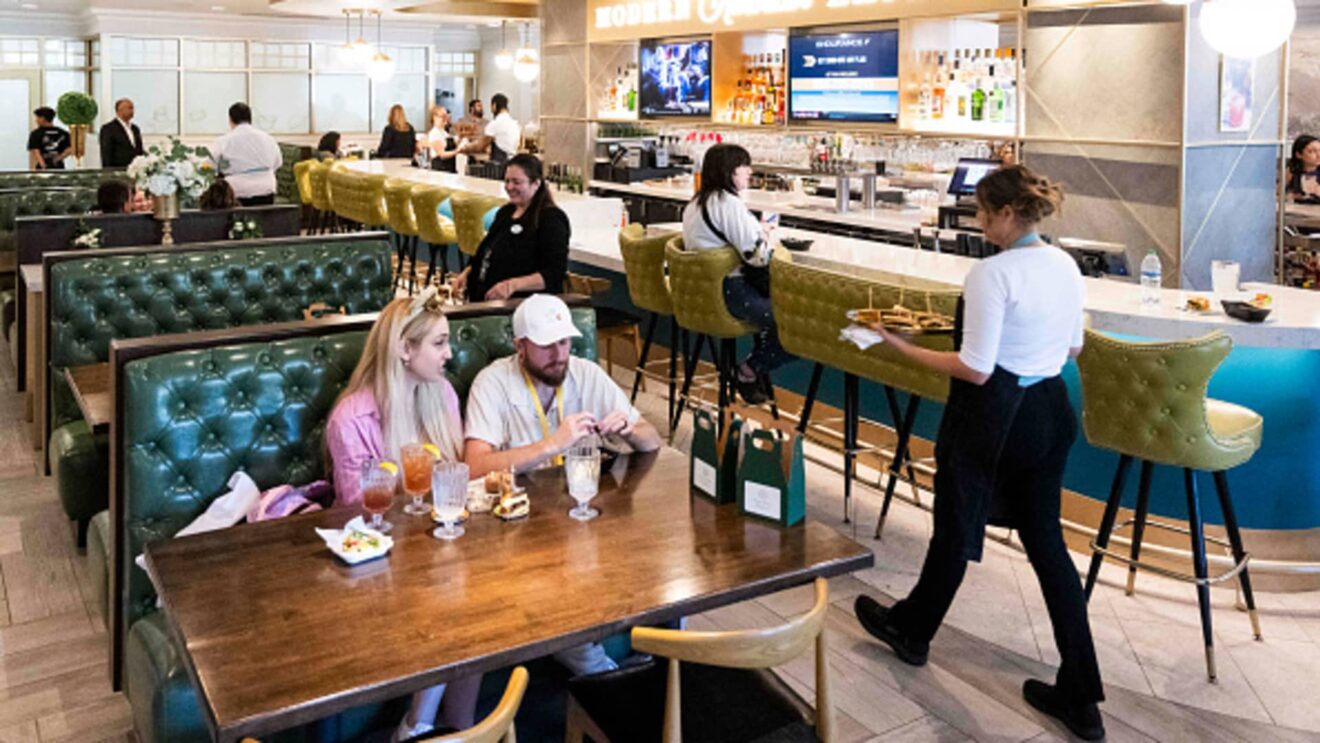


Add Comment